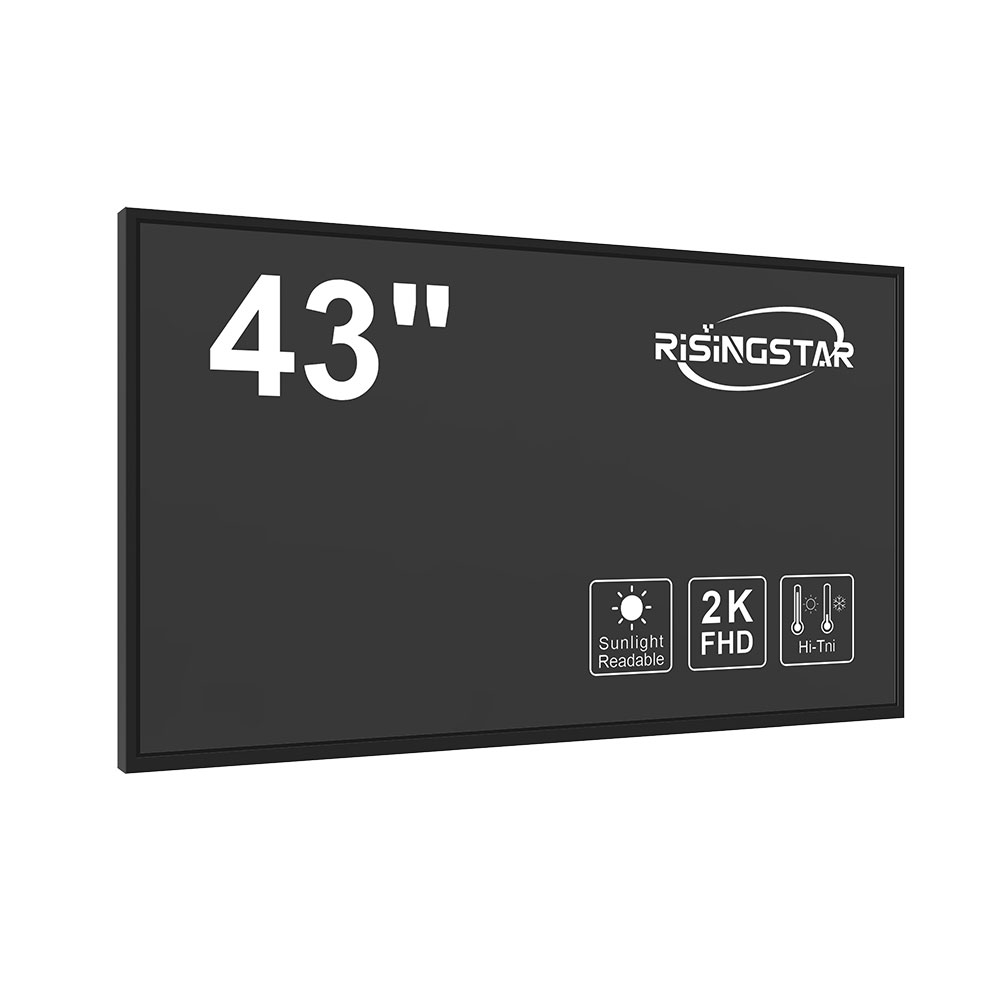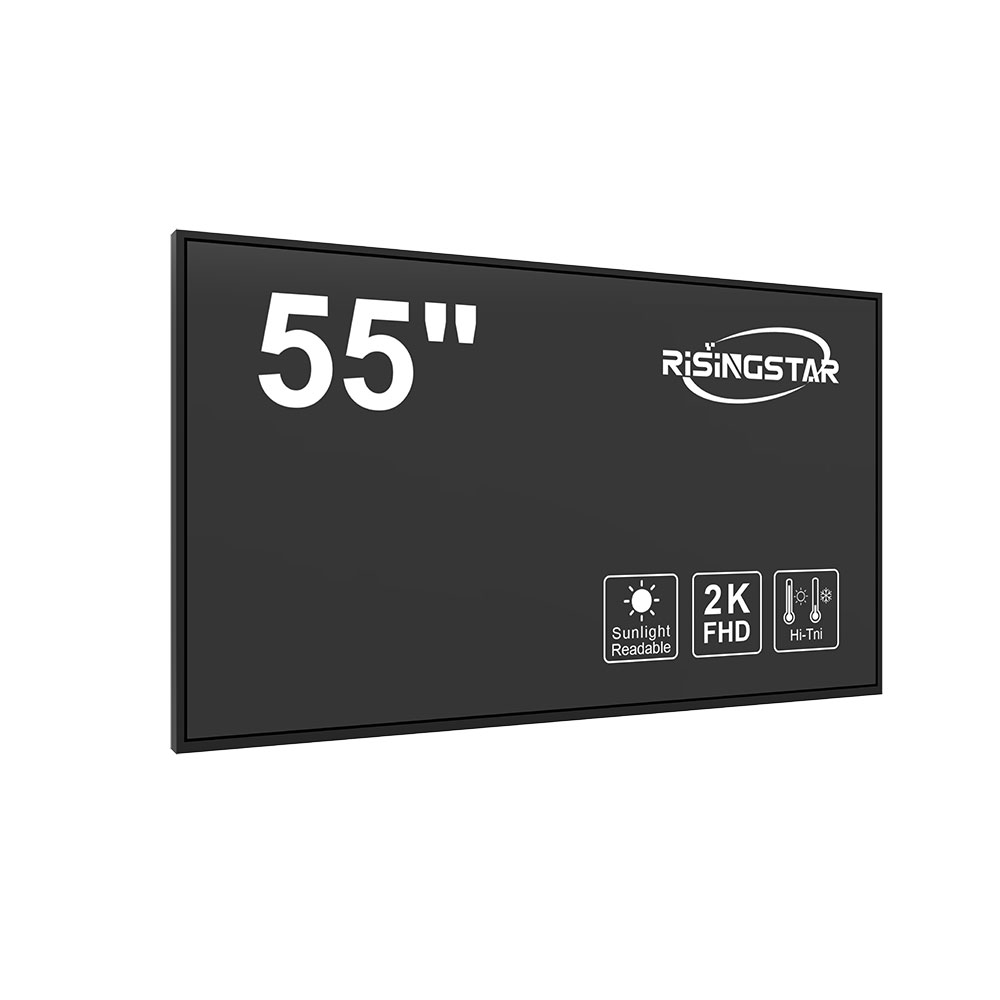- Home
- About Us
- Products
- News
- Video
- Contact
- Send Inquiry
Search
- Home
- About Us
- Products
- News
- Video
- Contact
- Send Inquiry

When designing or selecting outdoor LCD screens for public information displays, digital signage, or industrial monitoring systems, the display ratio is a critical technical parameter that directly impacts visual clarity, content compatibility, and user experience. Among the most commonly specified aspect ratios for outdoor LCDs are 4:3, which offers a balanced and traditional screen format ideal for legacy software integration, data dashboards, and environments where vertical space is limited.
A 4:3 aspect ratio provides superior compatibility with older Windows-based applications, legacy CCTV interfaces, and many enterprise-level control systems that were built around this proportion. In outdoor settings—where environmental stressors like sunlight glare, temperature extremes, and humidity must be accounted for—the consistency of 4:3 ensures uniform image scaling across different content types without distortion or letterboxing. For instance, in transportation hubs or retail kiosks using 15-inch, 17-inch, or 19-inch panels, maintaining a 4:3 ratio prevents unnecessary black bars or stretched visuals that degrade readability under direct sunlight.
Manufacturers such as LG, Sharp, and Samsung have long produced high-brightness (up to 5,000 nits), wide-temperature-range, and IP65-rated outdoor LCD modules in these sizes with 4:3 native ratios. These units often feature anti-glare coatings, ruggedized aluminum enclosures, and cold-start capabilities below -20°C—critical for deployment in northern climates or unheated facilities. According to the IEC 60068-2 standards for environmental testing, such screens must endure thermal shock, humidity cycling, and mechanical vibration, all while preserving their 4:3 pixel geometry.

For example, a 17-inch outdoor LCD operating at 4:3 with 1024x768 resolution ensures full-screen visibility of text-based data feeds without needing complex cropping or pillarboxing. This makes it ideal for utility meters, traffic management displays, or weather stations where precise alignment of icons and labels matters. Additionally, because 4:3 resolutions are widely supported by video processors and media players like BrightSign or Exterity, integration complexity is minimized compared to newer 16:9 formats that require conversion logic.
In summary, choosing an outdoor LCD screen with a 4:3 display ratio—especially in 15", 17", or 19" sizes—is not just about legacy support but a deliberate engineering decision to optimize reliability, usability, and cost-efficiency in demanding real-world environments. Industry best practices, backed by ISO and IEC certifications, continue to endorse this ratio for mission-critical outdoor applications.
